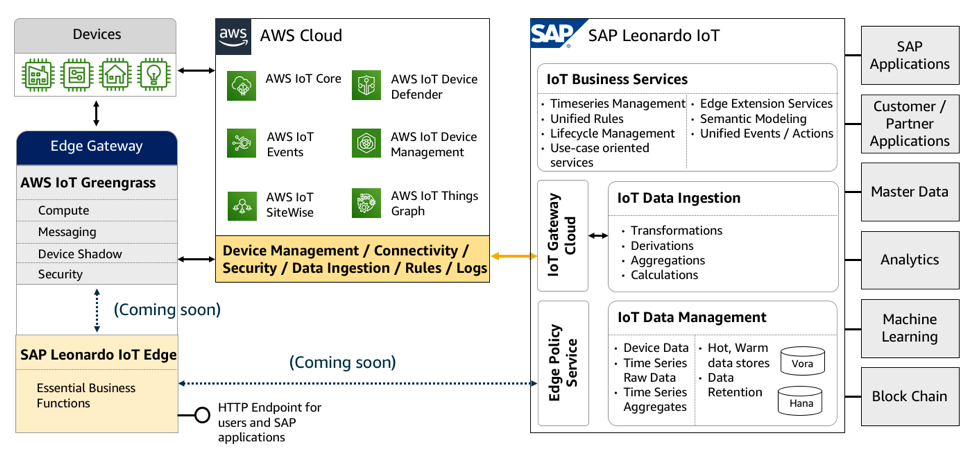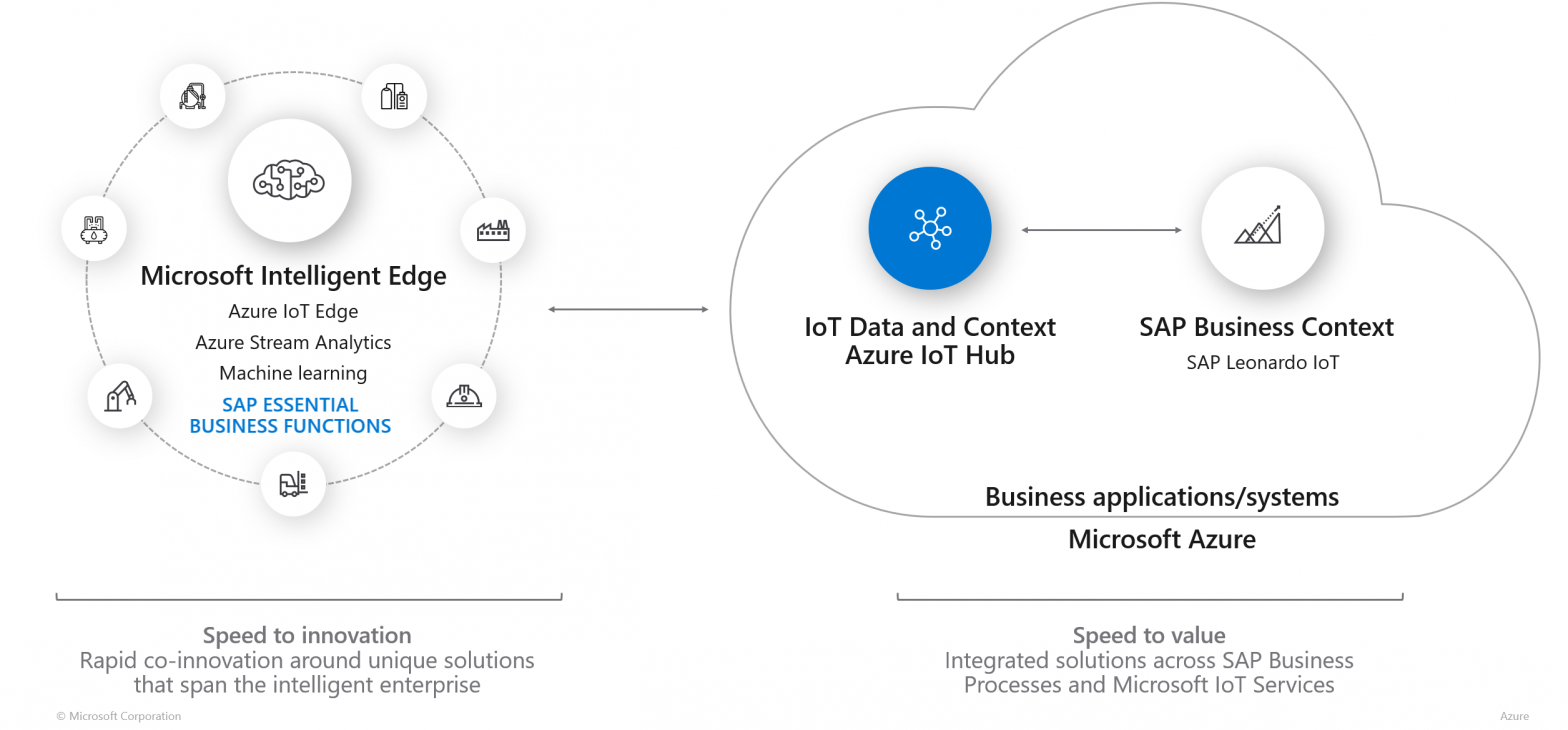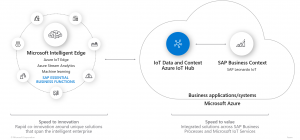Christo Buschek und Jer Thorp haben sich für ein Knowing Machines Project einmal die Funktionsweise von “Large Language Models” (LLM) zu Beschreiben vorgenommen. Man scrollt durch die Website und kann sich Schritt für Schritt anschauen, was warum passiert. Welche Daten für das Training von solchen LLMs verwendet werden, aus welchen Quellen die Inhalte stammen und wie die sich zusammensetzen. Und welche Einflüsse die Zusammensetzung bestimmen.
Und vor allem beschreibt die Seite auch auch, was nicht automatisiert ist und wie das alles potentiell problematisch ist. Selber bin ich noch nicht ganz durch, aber die Woche hat die Mitte ja noch nicht ganz erreicht.
Hier geht’s zu Models All The Way Down.






